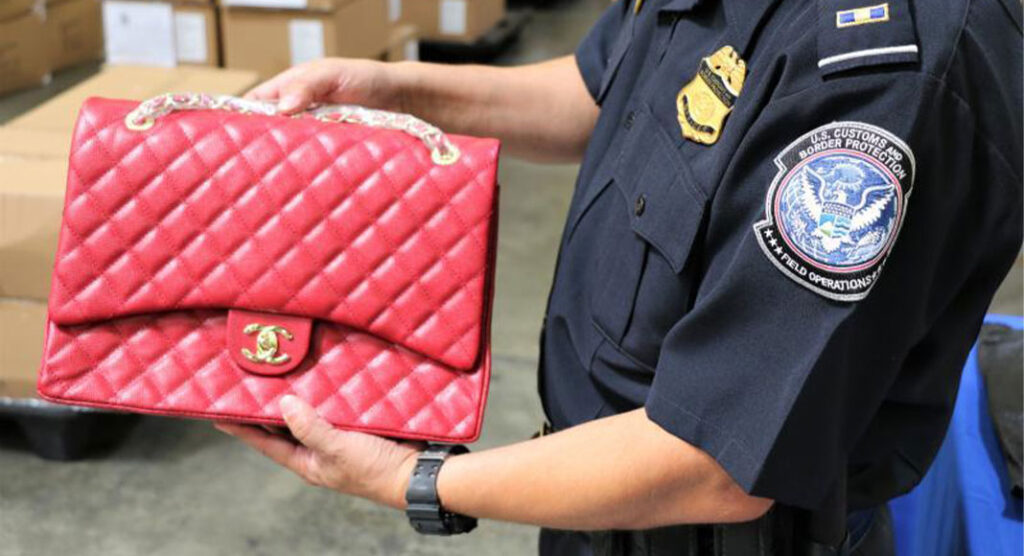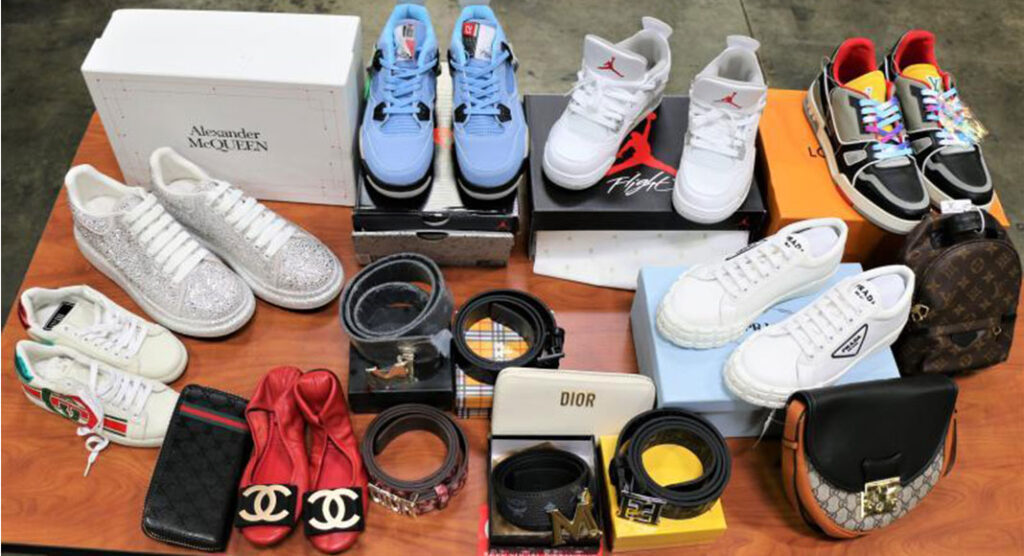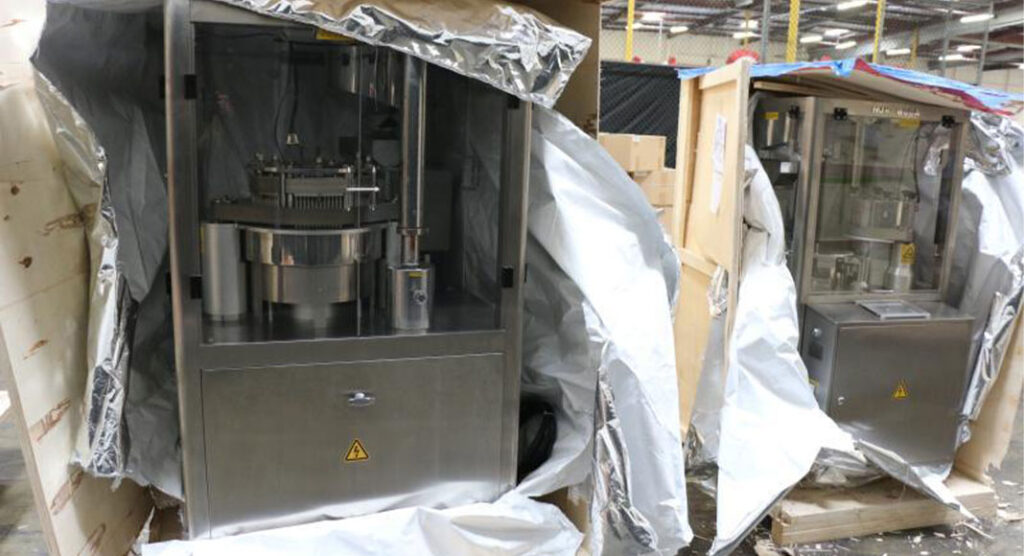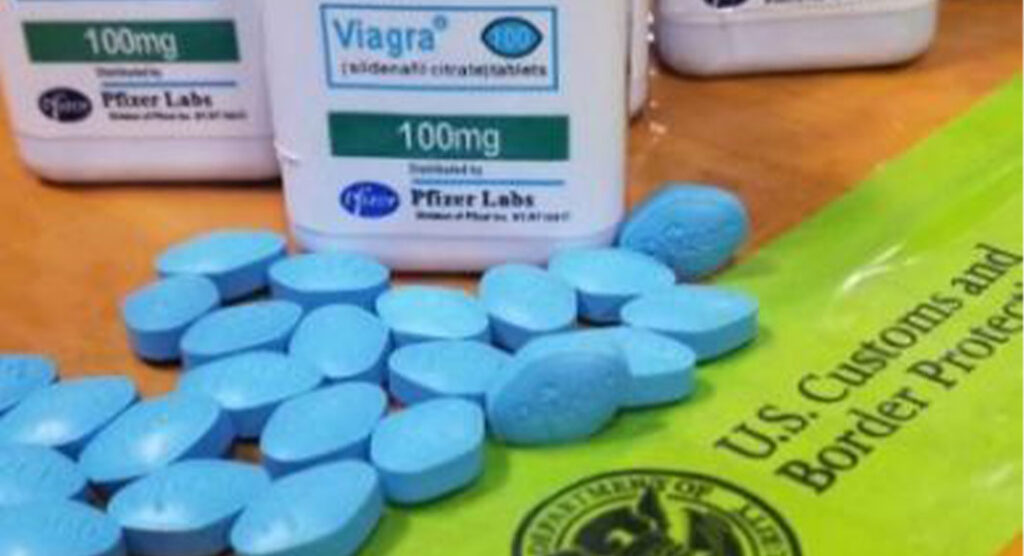
Texas Border Business
LOS ANGELES—In Fiscal Year 2021 (October 1, 2020 – September 30, 2021), amidst the COVID-19 pandemic, U.S. Customs and Border Protection (CBP) officers assigned to the Los Angeles/Long Beach Seaport identified and seized an unprecedented amount of high-value contraband, counterfeit goods and other prohibited merchandise.
The number of trade enforcement seizures increased by 24% and the overall value of these seizures increased by 652% over the previous year. CBP interdicted counterfeit products that pose a significant risk to public safety such as counterfeit pharmaceuticals and other items such as electronics, high fashion wearing apparel, footwear, jewelry, and accessories. The record-breaking seizures were appraised at a Manufacturer’s Suggested Retail Price (MSRP) of $760,615,994, a 652% increase from the year before.

The number of trade enforcement seizures increased by 24% and the overall value of these seizures increased by 652% over the previous year.
In addition, CBP partnered with the Drug Enforcement Administration (DEA) to seize 37 illegally imported pill press machines and 2,305 capsule-filling machines that can be used by drug traffickers to encapsulate narcotics in clandestine labs. The seizure of these machines eliminated the ability of counterfeiters to produce illegally manufactured pharmaceuticals in excess of 1,000,000 capsules per hour.
“The numbers show that the pandemic didn’t slow down smugglers from attempting to illegally introduce their products into the United States threatening the economy and the health and safety of the American consumer,” said Carlos C. Martel CBP Director of Field Operations in Los Angeles. “These results reinforce CBP’s commitment to be America’s frontline.”

Smuggled pill press machines seized by CBP, are capable
of producing over 1 million capsules of illegal drugs per hour.
“I am extremely proud of the work that CBP officers do every day to protect American consumers and businesses. Their vigilance and dedication to the CBP mission has not wavered during these challenging times,” said Donald R. Kusser, CBP Port Director of the LA/Long Beach Seaport. “CBP officers worked tirelessly throughout the year and were highly successful at stopping transnational criminal organizations from exploiting and endangering consumers.”
CBP interdicted counterfeit products that pose a significant risk to public safety such as counterfeit pharmaceuticals.

Consumers can take simple steps to protect themselves and their families from counterfeit goods:
- Purchase goods directly from the trademark holder or from authorized retailers.
- When shopping online, read seller reviews and check for a working U.S. phone number and address that can be used to contact the seller.
- Review CBP’s E-Commerce Counterfeit Awareness Guide for Consumers.
- Remember that if the price of a product seems too good to be true, it probably is.
Trade in counterfeit and pirated goods threatens America’s innovative economy, the competitiveness of businesses, and, in some cases, national security and the health and safety of consumers.
To deter the importation of illicit goods and protect U.S. consumers and businesses, CBP has developed a proactive and strategic enforcement approach to Intellectual Property Right (IPR) enforcement.
For more information about the risks associated with purchasing counterfeit goods, visit CBP’s Fake Goods, Real Dangers website and read CBP’s e-Commerce Awareness Guide. Additional tips for protecting your family from counterfeit goods are available at StopFakes.gov.
Suspected IPR violations, fraud or illegal trade activity can be reported by contacting CBP through the e-Allegations Online Trade Violations Reporting System or by calling 1-800-BE-ALERT. Violations can also be reported to the National Intellectual Property Rights Coordination Center at https://www.iprcenter.gov/referral/ or by telephone at 1-866-IPR-2060.













